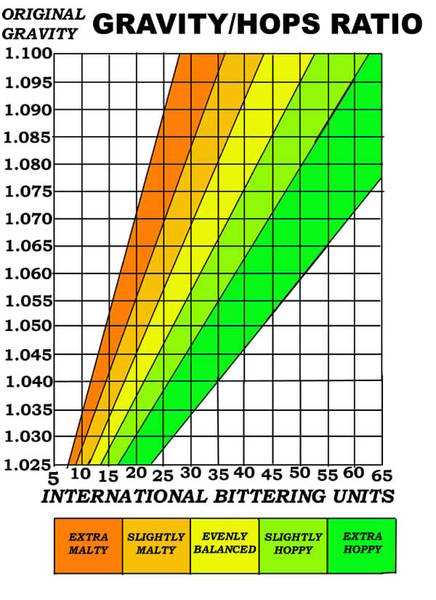deviousalex
Well-Known Member
So I tried to make an IPA. The boil and everything went fine and now I have transferred it into secondary fermentation. The gravity was at 1.018 (a little high) during the transfers. I tasted it and the problem I have with it is that it's too light on the body for the amount of hops in there. So it tastes really hoppy, not very malty. Is there anything I can do to add more body at this stage?
I was thinking of malting some grains in a small pot and then adding some more DME (no hops) then removing some of that beer (the 5 gallon carboy is full but I also have a 6.5 gallon) and adding in this 'mini brew'. What do you guys think?
I was thinking of malting some grains in a small pot and then adding some more DME (no hops) then removing some of that beer (the 5 gallon carboy is full but I also have a 6.5 gallon) and adding in this 'mini brew'. What do you guys think?



